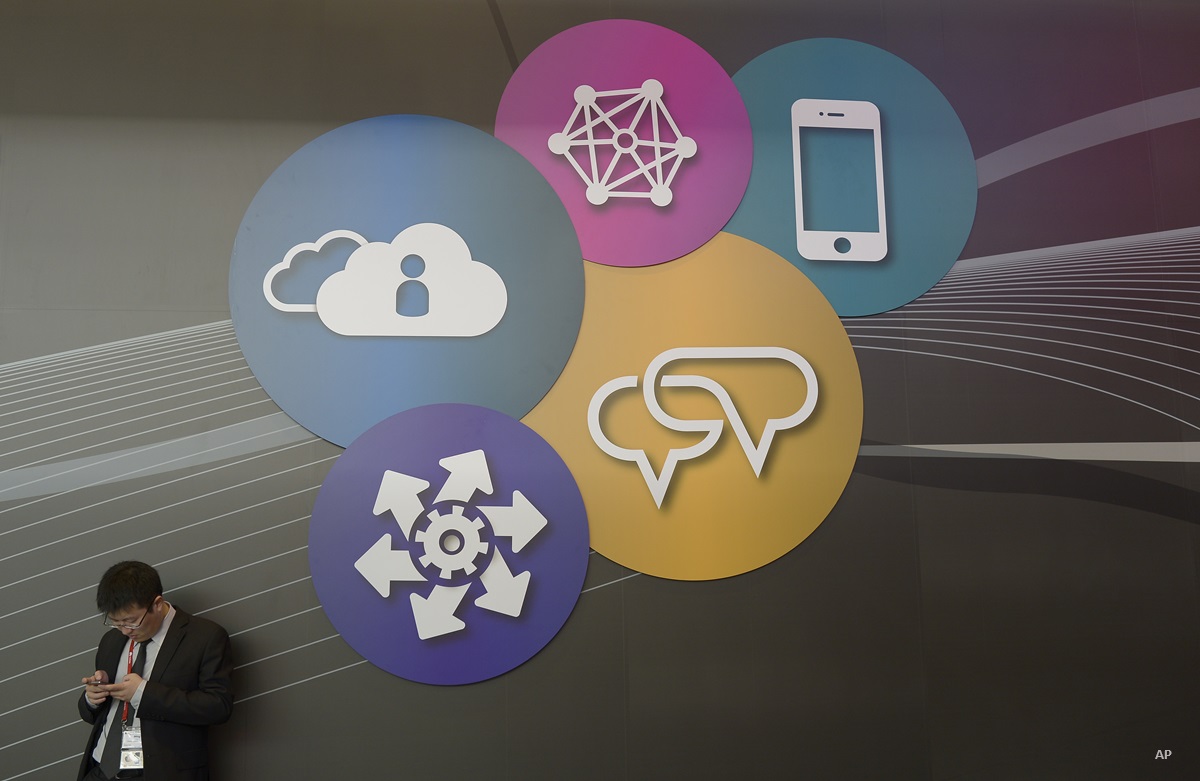
Your portfolio balance has gotten larger and larger. You've crunched the numbers, conferred with your spouse and family, and set a tentative date. You think you might be ready to retire.
But before you pull the rip cord and start relying on your portfolio--rather than your salary--for living expenses, it's wise to make sure you're not missing anything on the financial front.
Here are some of trouble spots that have the potential to catch retirees off guard.
Market risk
Not surprisingly, individuals have a tendency to retire when the market is up and their portfolios are enlarged. Indeed, in a recent survey by the Employee Benefits Research Institute (EBRI), 2 of 3 workers said that they were somewhat or very confident in their ability to retire. Yet periods of enlarged portfolio balances often coincide with heightened market valuations--and heightened levels of risk. Research conducted in 2012 by Rui Yao and Eric Park demonstrated that even though people often retire after periods of strong market returns, that, somewhat counterintuitively, tends to reduce their portfolios' sustainability rather than enhance it. Today, prospective retirees have to contend with the one-two punch of not-cheap equity valuations and very low yields on bonds.
Does that mean that you should park your whole portfolio in cash, or worse yet, defer retirement until after stock prices have already fallen (and run the risk that you'll be too spooked to retire at all)? No. But it does mean that you should earmark enough of your retirement portfolio for safe securities, which you can draw from to tide you through periods of equity- or bond-market weakness. You can also plan to reduce your portfolio spending in periods of extreme volatility.
Inflation
It's tempting to not get too worked up about inflation and its impact on your retirement plan. After all, the U.S. Consumer Price Index has been running at a fairly benign level of less than 2% for the better part of a decade. And in any case, how could such innocuous little numbers like 2% or 3% make a big difference in the success or failure of your plan?
One of the key reasons you should care about inflation in the first place is that if you've staked a decent share of your portfolio in fixed-rate investments like cash or bonds--as is only prudent to do leading up to and in retirement--higher prices on goods and services you need to buy will erode the purchasing power of your returns on those investments. Another way to think about it is if you've staked more of your assets in conservative investments as retirement approaches, that lowers the absolute return you're apt to earn on your portfolio, and inflation could take a big bite out of your earnings. If you're lucky to earn 5% on your money, you sure as heck wouldn't want to give up 60% of that gain, as you'd effectively do if inflation runs at 3% during your retirement years.
There's also the fact that inflation has been kicking up a little bit recently, and, more importantly, that inflation for older adults has tended to run higher than the general inflation rate. In large that's part because healthcare-related expenses are a bigger share of the average older adult's total household outlays, and those costs have been running about 70% higher than the general inflation rate.
You can defend against inflation in a couple of key ways. One is to embed direct inflation hedges like inflation-protected bonds in the bond portion of your portfolio; when inflation goes up, you get a little raise on the principal or interest coming from the bonds. But don’t stop there. At the risk of stating the obvious, those inflation-protected bonds only confer inflation protection upon the portion of the portfolio you've invested in them. Moreover, because the inflation adjustments you receive on those bonds are keyed off of the general inflation rate, not the inflation rate you personally experience, they may not reflect your actual purchasing experience. If you have a lot of healthcare expenses, for example, that will tend to push your personal inflation rate above the general inflation rate. I think the best way to help address that issue is to simply hold a healthy share of your portfolio in stocks throughout retirement. While by no means a direct inflation hedge--if inflation goes up by 3% in a given year, your stock portfolio is by no means likely to return the same--over time equities have provided the best long-run shot at out-earning inflation.
Taxes
Your portfolio balance might look comfortingly large. Besides, it's probably not all your money. But if you have assets in tax-deferred accounts, you'll owe ordinary income tax on the bulk of your withdrawals. After taxes, your withdrawals could shrink by a fourth or even more. The government also has a claim on any appreciation you've enjoyed in your taxable accounts and haven't yet payed taxes on. Those levies can take a bite out of your take-home return.
You'll face other taxes in retirement, too. CPP and OAS are treated as taxable income at the usual rate. And for retirees who live in areas with high property taxes, those bills can be right near the top of many household budgets.
Unanticipated expenses
Even if you've calibrated your budget to a T and taken a closer look at how it might change in retirement versus when you were working, it's still wise to set aside cash to cover unanticipated expenses. While your emergency fund in retirement needn't be as large as it was when you were working, holding enough liquid assets to cover those lumpier outlays--whether a new roof or a big dental bill--is a best practice in retirement. You might even take the next step of forecasting those periodic, large, off-budget outlays and incorporating them into your spending plan. Doing so will help ensure that they don't throw you off of your planned withdrawal rate.




















